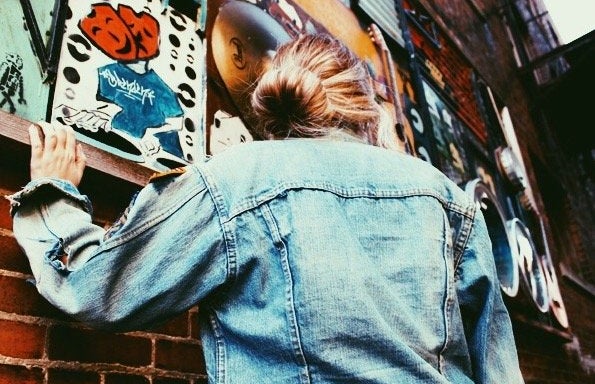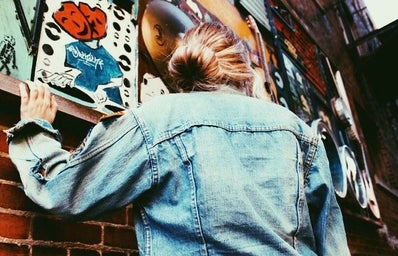For all of human history, the creative process has driven human growth and the expansion of civilization, technology, and culture. Without the significant contributions of art and creativity to the human experience, we might all still be living in caves, burning our hands on fire we made by accident. In today’s modern world, however, creativity is being swept under the rug more and more, and is often undervalued, underestimated, and misunderstood. That’s why when my friend took me for my first visit to Meow Wolf I was overcome with awe and respect for the power of human creativity and ingenuity in its many different manifestations.
For those that don’t know, Meow Wolf is an interactive art exhibit in Santa Fe, NM that takes participants on a mysterious journey through strange rooms, alternate dimensions, and sci-fi wonderlands of all shapes, sizes, colors and themes. Walking through the exhibit felt so surreal, and the two hours we were there went by in the blink of an eye. In between all of Meow Wolf’s various larger wonders, what stuck out to me was the incredible attention to detail and the entire exhibit’s endorsement and promotion of creativity and artistic freedom. Every inch of the walls are covered in strange drawings, neon colors, and obscure slogans that inspire amazement, wonder, and deep thought.
As an extremely creative person, walking through the exhibit felt like walking through my own inspired mind. In a weird way, the chaos and sensory intensity felt satisfying for a person like me because I felt like my crazy, obscure sense of creativity was understood by the makers of the exhibit. It challenged me to think even further outside the boxes we put ourselves in as humans, and I found myself pressing every button, switch, wall, and screen that was available. The experience was surreal, beautiful, and brought me back to a sense of childlike wonder that I haven’t felt in years, and it served as a critical reminder of the power and importance of the creative process as a whole.
I’m our daily lives, we’re generally taught that creative activities like music, poetry, drawing, painting, sculpting, etc., are somehow inferior to more left-brained subjects like math or science, or sports like football and basketball. Our society places heavy value in areas of life that don’t rely on creativity, and it affects not only the types of jobs that are available, but the access to those jobs as well as the wages a person can earn if they manage to get one. This fact that a doctor or engineer will make more money that a painter or writer isn’t even fought against much, because even in our everyday conversations, jobs like doctor are viewed and described as “goals,” whereas more artistic fields are considered “dreams.” In other words, if you make a decent living as someone in a creative field then you’ve achieved some unattainable lifestyle that’s generally agreed upon as something rare or incredibly difficult.
But why does it have to be so impossible? It’s because of where society places its value. Despite the advantages that humanity has now because of the creative process, there is intense discrimination against creativity that isn’t working toward advancements in technology, and a strong lack of appreciation specifically for the fine arts area of this creativity. People love to celebrate the works of posthumous legends like Monet and Shakespeare, but if someone in today’s modern era follows in their footsteps and pursues a creative path, they’re looked down on as naive, dumb, or irresponsible. Tuning a profit has become more important than inspiring human minds, and it’s that ideology that continues to govern even the most artisticly free sectors of our society. Art is created to inspire and tell stories, but as capitalism expands even further into our daily lives, art is now produced and manufactured for the sake of making a living wage.
If we started valuing the benefits of the creative process instead of degrading it as something subordinate to scientific subjects or popular sports, then I think it’s safe to guess that society would gradually become more inspired, grateful, and thoughtful. Creativity leads to progress, and if we keep suppressing our innate nature to design, change, and improve within our experience as people, then we’ll only begin to subvert our progress and the only things we’ll know how to build will be smaller and smaller boxes.



